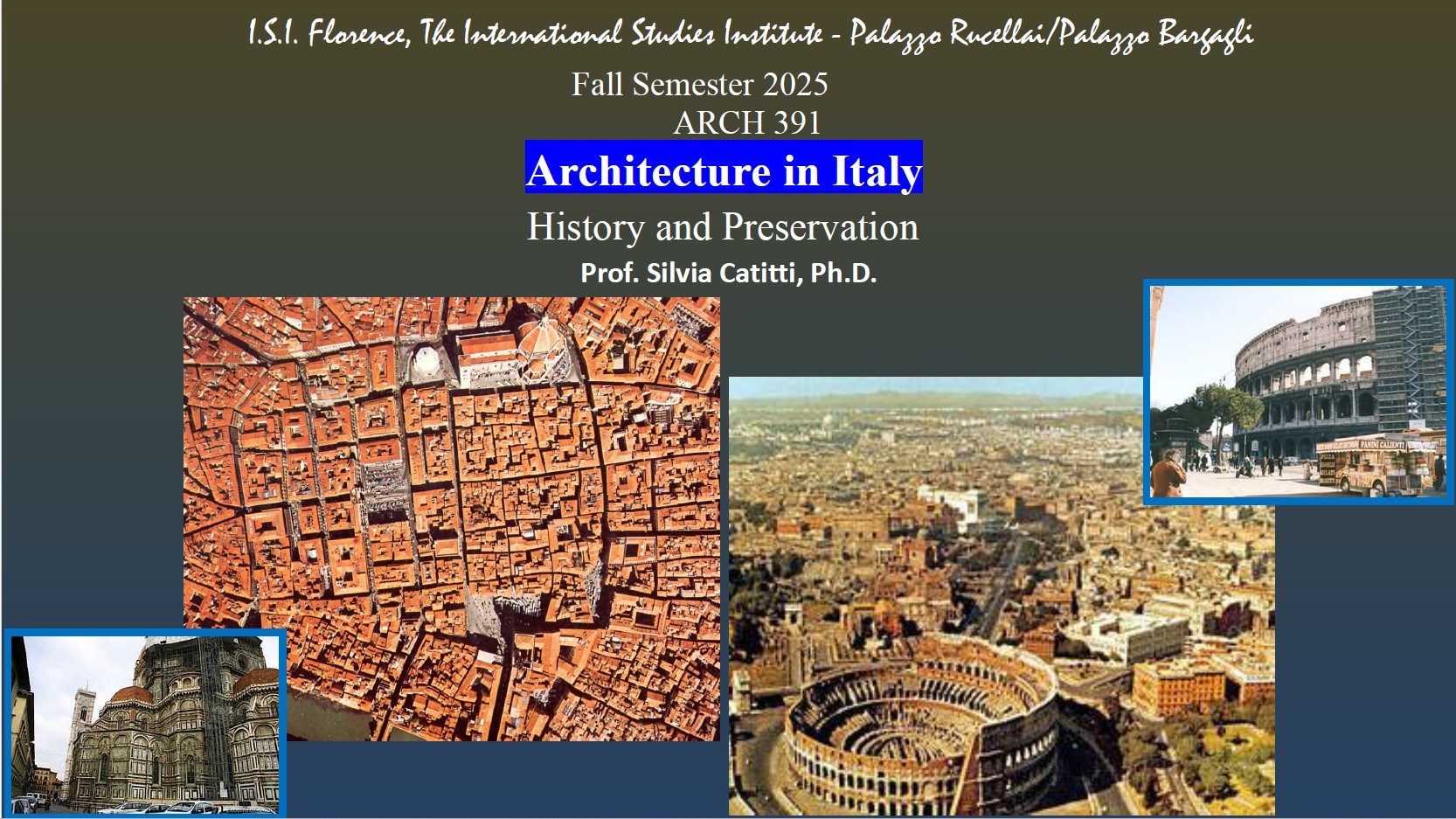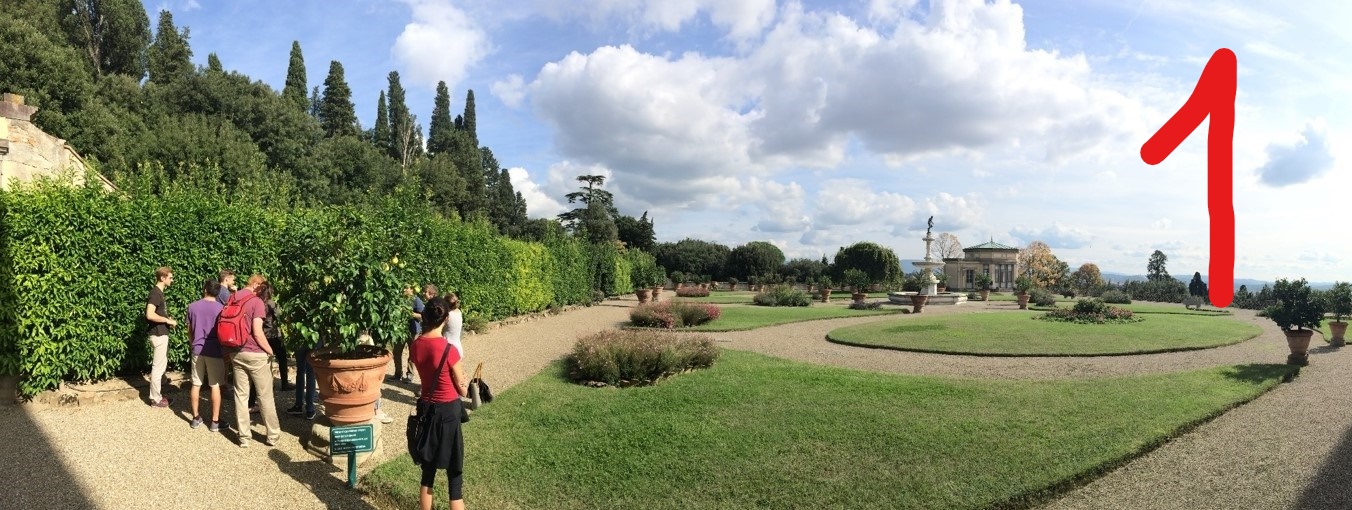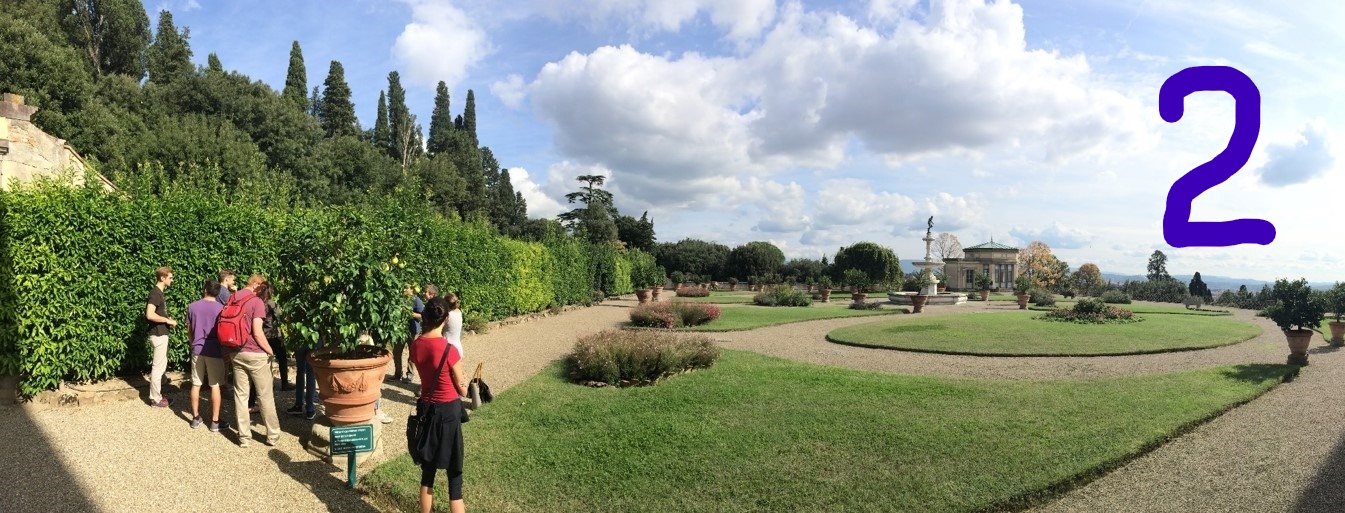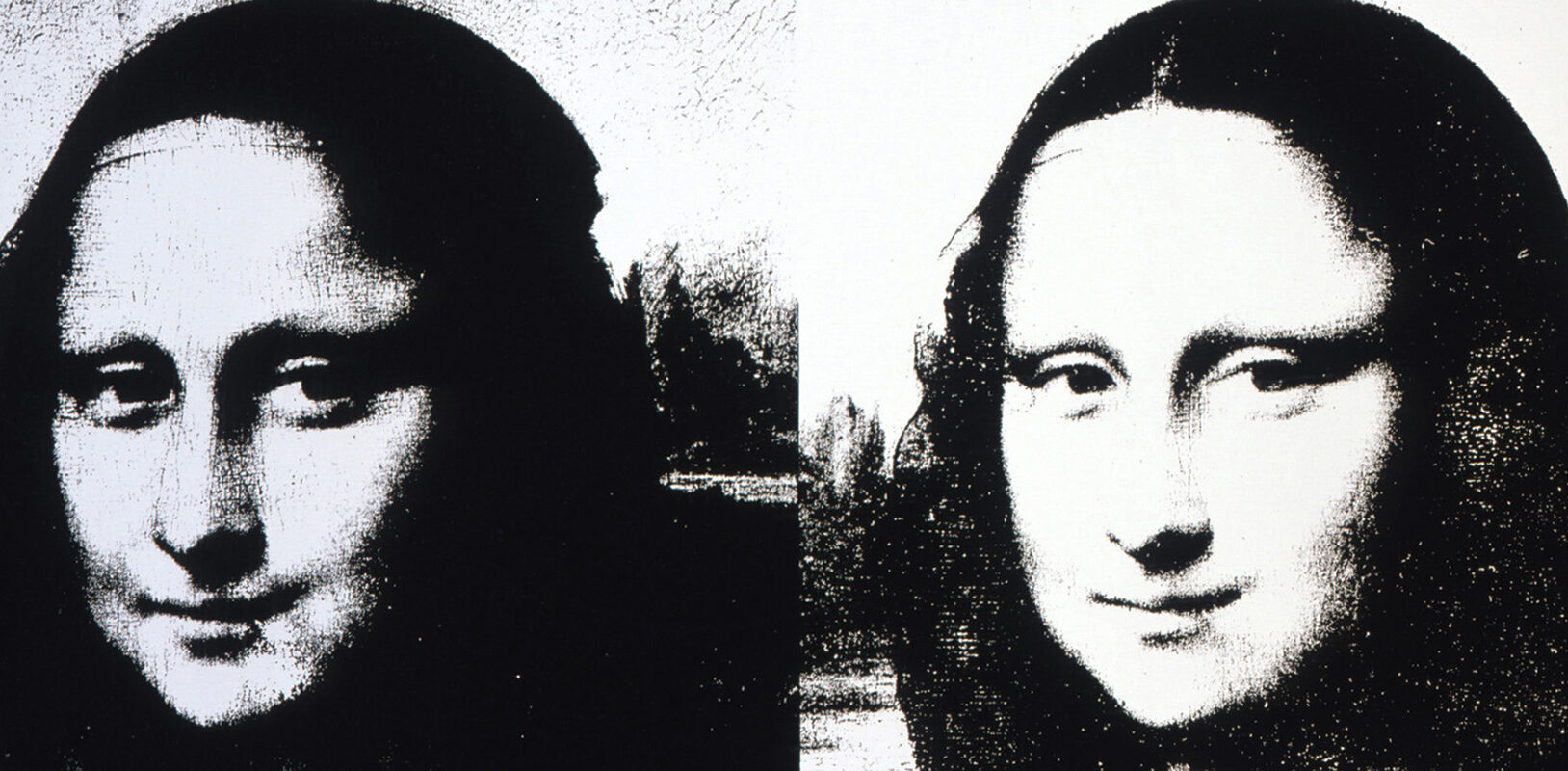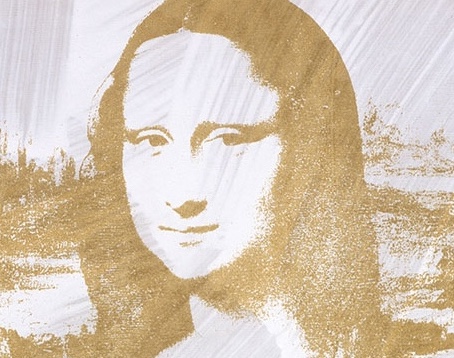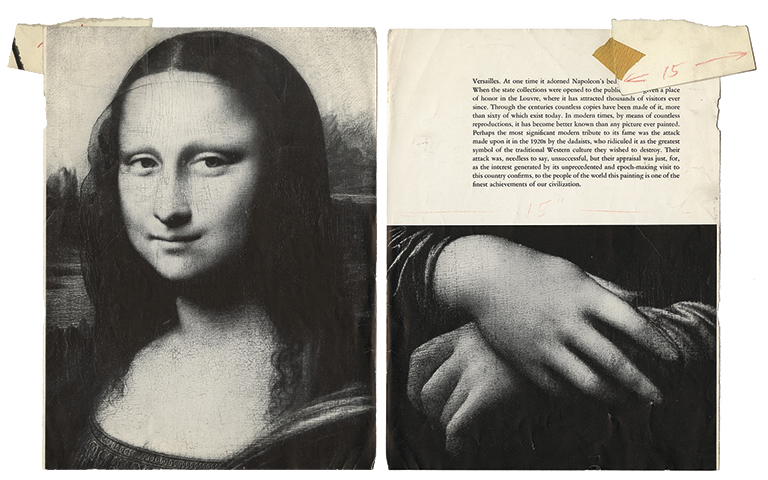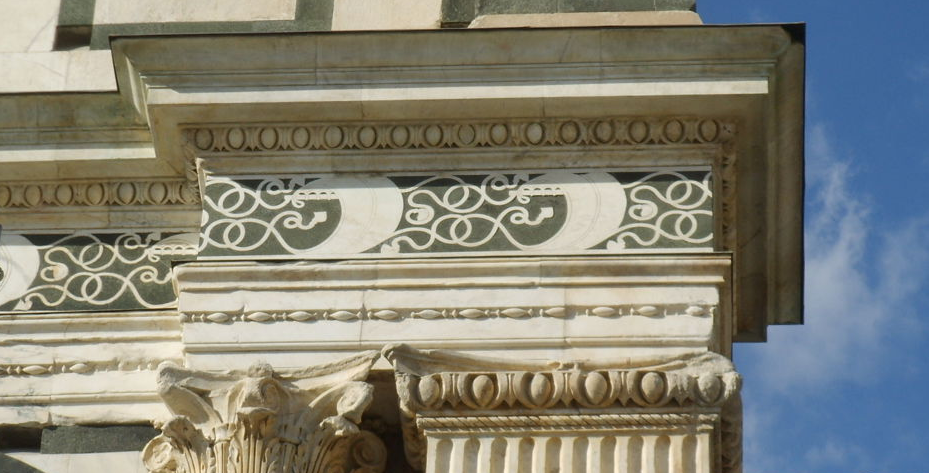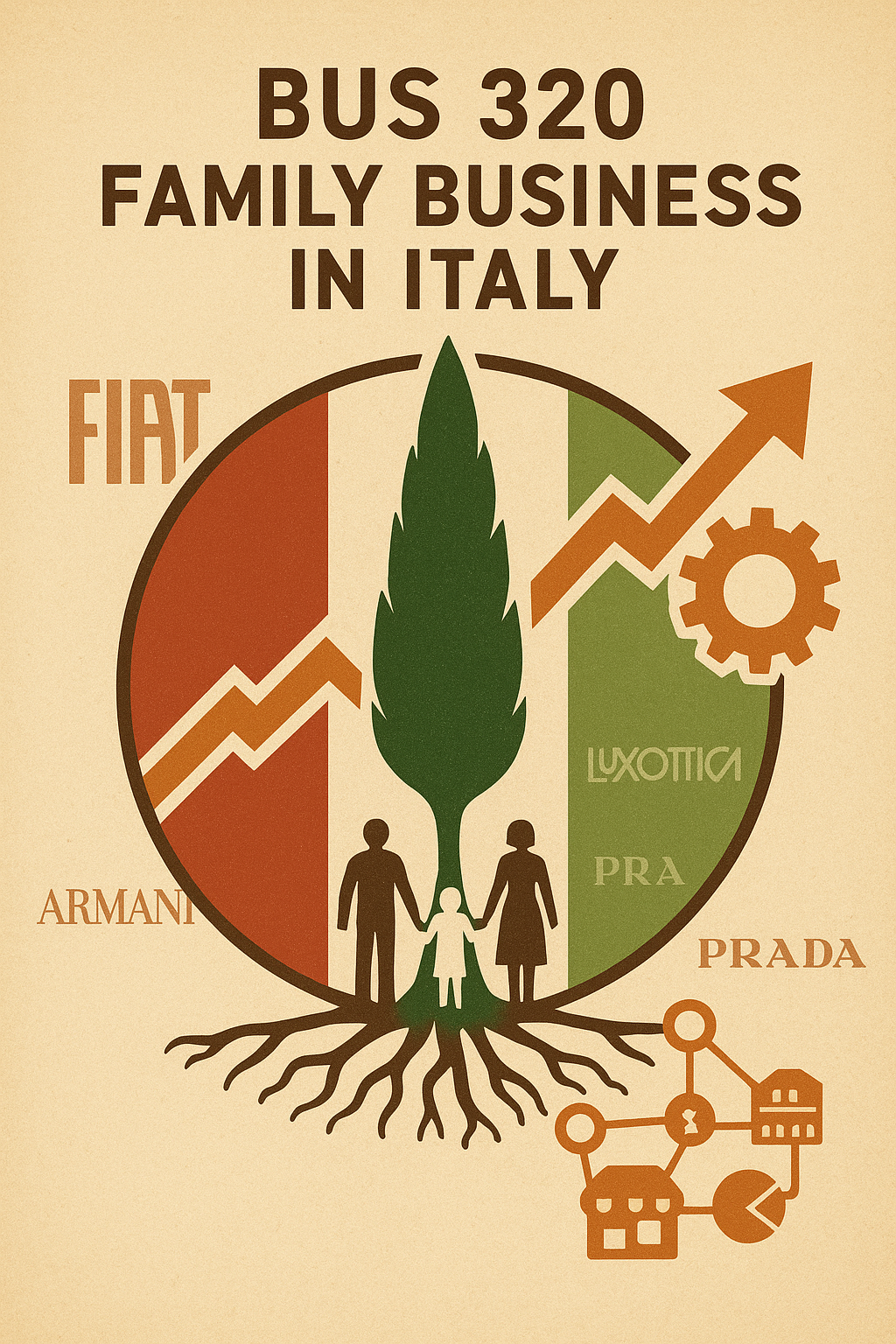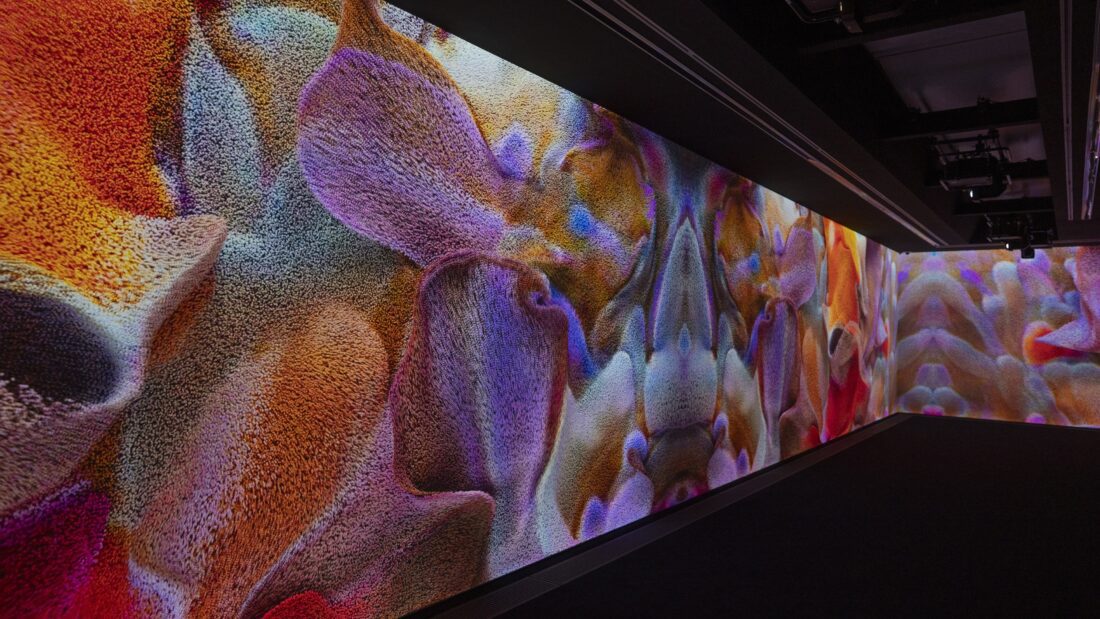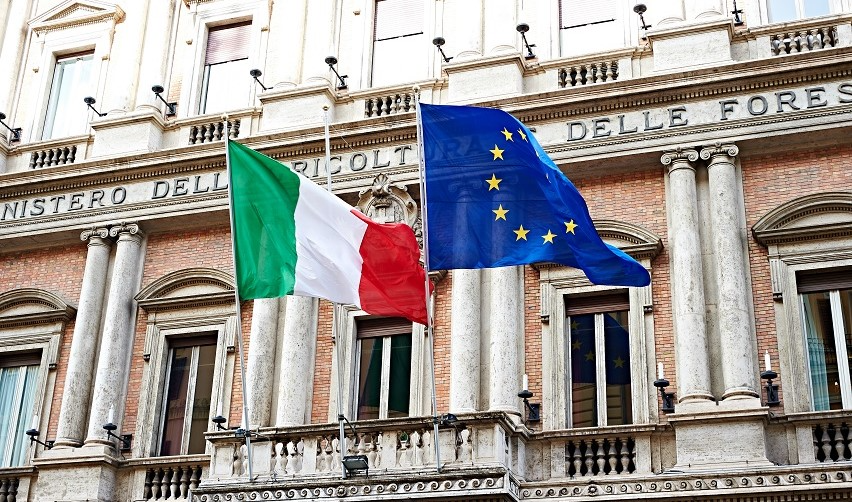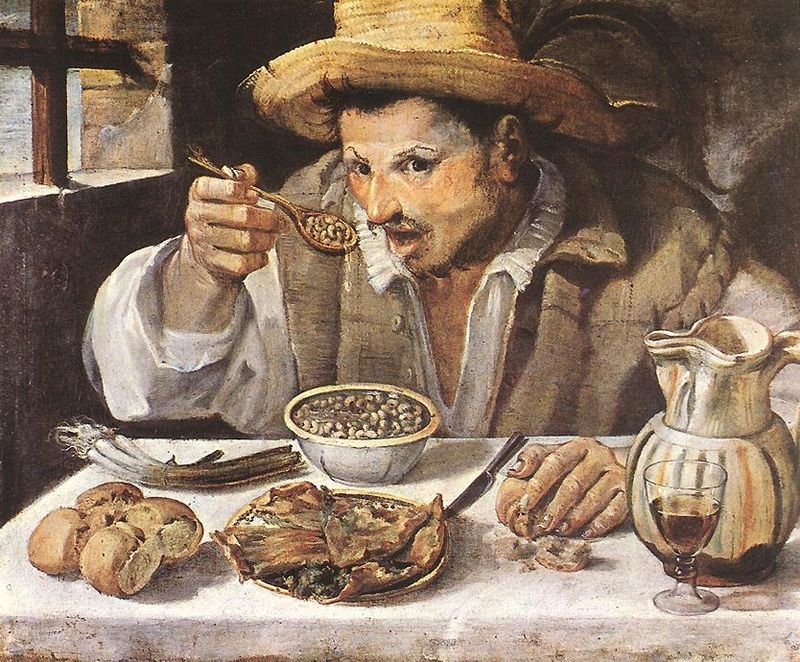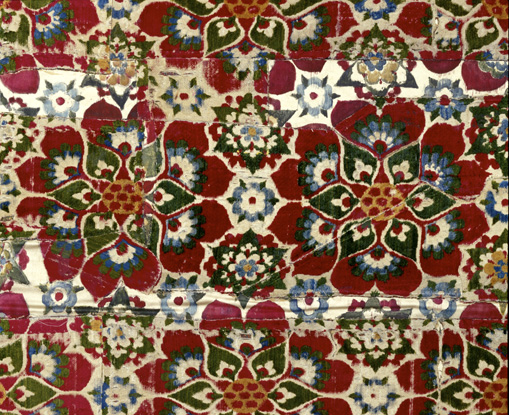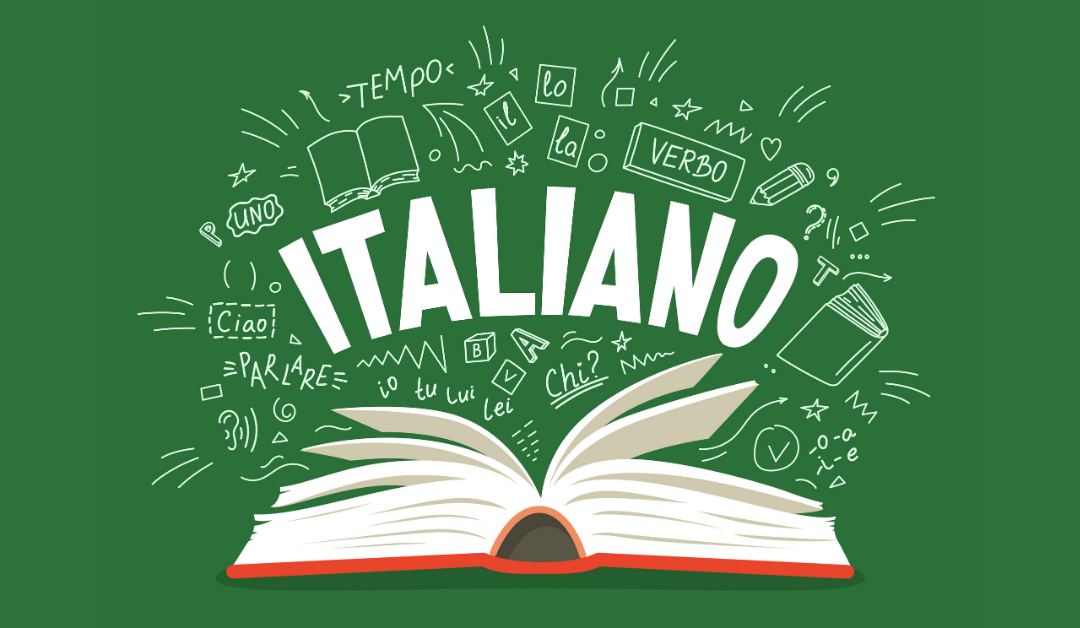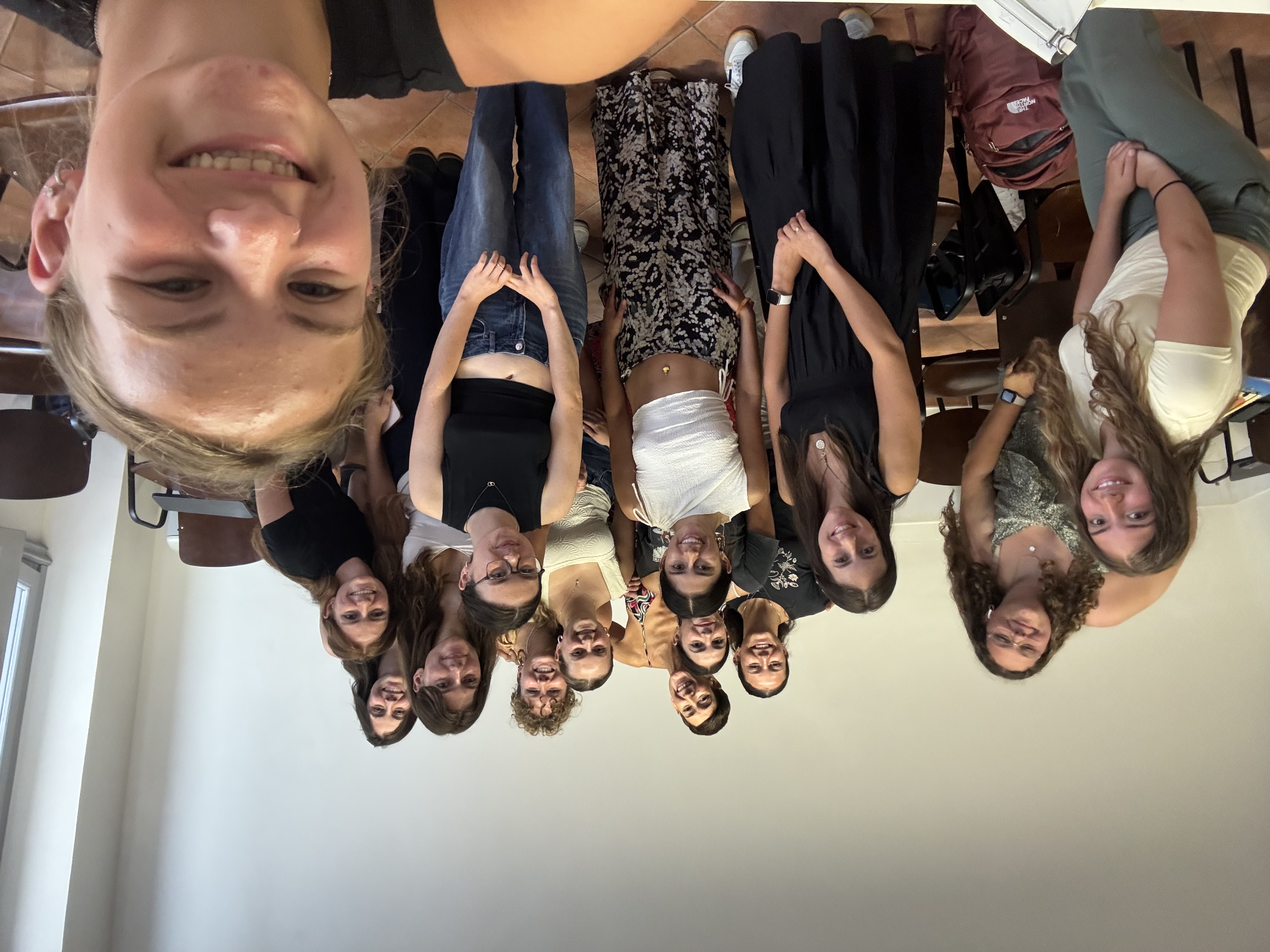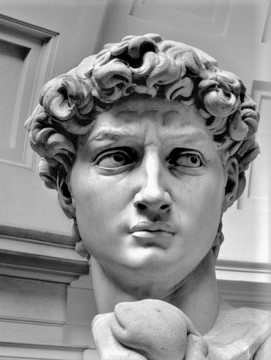Moodle ISI Florence
-
Summer Session Two 2025
June 29, Sunday Departure from US June 30, Monday Arrival in Florence – Check-in after 1 pm July 1, Tuesday Orientation July 2, Wednesday Classes Begin July 4, Friday Makeup Day July 21 – 24, Monday – Thursday Last Week of Classes July 26, Saturday Program Ends, Students vacate apartments by 10 am Fall Semester 2025
August 26, Tuesday Departure from Home Country August 27, Wednesday Arrival in Florence August 28 – 30, Thursday – Saturday Orientation September 1, Monday Classes Begin October 13-16, Monday – Thursday Midterm Exams October 17-26, Friday – Sunday Semester Break December 4, Thursday Classes End December 8, Monday Holiday – Institute Closed December 9-12, Tuesday – Friday Final Exams December 12, Friday Farewell Reception & Program Ends December 13, Saturday Students vacate apartments by 10 am -
A quick guide for professors for using Moodle ISI Florence
-
Site announcements
Skip course categories
Course categories
Skip courses
Courses
Skip available courses
Available courses
This comprehensive Pre-departure Orientation Course is designed to equip you with all the information and references you need to kick off a successful study abroad experience in Italy.
- Professor: Simone Barbi
- Professor: Franco Pisani
- Professor: Simone Barbi
- Professor: Franco Pisani
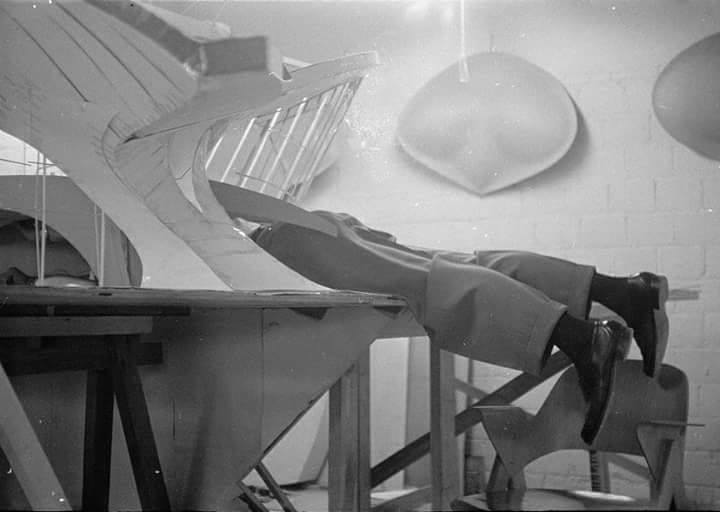
As Mario Salvadori writes in the introduction to his book Structures in Architecture: "it is obvious that only a thorough knowledge of physics and mathematics can enable a designer to analyze a complex structure with the degree of precision required by modern technology. However, it is equally obvious that once the basic principles of structural analysis have been established, one does not need to be a specialist to understand them on a purely intuitive basis" (Salvadori, 1992, pp. 4-5). What is needed, Salvadori continues, is to avoid commenting only on structure or only on form. Instead, one should teach students the necessary rationale behind structural and constructive thinking in space, so that future architects can engage in meaningful dialogue with engineers. As a consequence, a purer, more orderly, and structurally sound form in design will be achieved.
Starting from this premise, without delving into complex verifications or specialized calculations, the purpose of this course is to present and discuss the following topics: the fundamental construction logics of architecture; the basic principles of structural science; the characteristics of building materials and their static behavior.
The few analytical-mathematical references and the limited use of formulas will focus only on preliminary verifications and the pre-dimensioning of load-bearing elements. These concepts can be easily assimilated into the student’s workflow from the early stages of compositional development and dimensional control in design.
The class meetings will be divided into two cycles of four lessons each, followed by a test:
● Gravitas, or notes on the stereotomic logic of architecture;
● Levitas, or notes on the tectonic logic of architecture.
For each of these two cycles, during the first three lessons, knowledge of the proposed topics will be deepened through the analysis of a thematic selection of case studies from the history of architecture. The main objective is to maintain antiquity and contemporaneity on a synchronic and operational level. Structural form is not tied to specific linguistic trends, nor do these trends have any inherent connection to one architectural movement or another, anywhere in the world. Through the systematic use of guided readings – both compositional and structural – on ‘timeless’ masterpieces, the aim is to contribute to the development of a mature structural awareness in students, which will be essential for their future professional practice.
The fourth lesson of each cycle will focus on the static principles related to the two macro-themes – stereotomic and tectonic logic in architecture – along with the corresponding tools for the pre-dimensioning of structural elements. At the end of this fourth lesson, there will be a roundtable discussion, in which students will present their contributions to the iconographic research that inspired Assignment #2. This will help students to consolidate all the information gathered throughout the lecture cycle. Each cycle will end with a short learning assessment test.
In a nutshell, we may say that the primary goal of this course is to help students understand what Kurt Siegel called "the meaning of built things" (Siegel, Structure and Form in Modern Architecture, 1968, p. 6), to spark their interest and encourage them to pursue a more detailed study of this subject.
- Professor: Simone Barbi
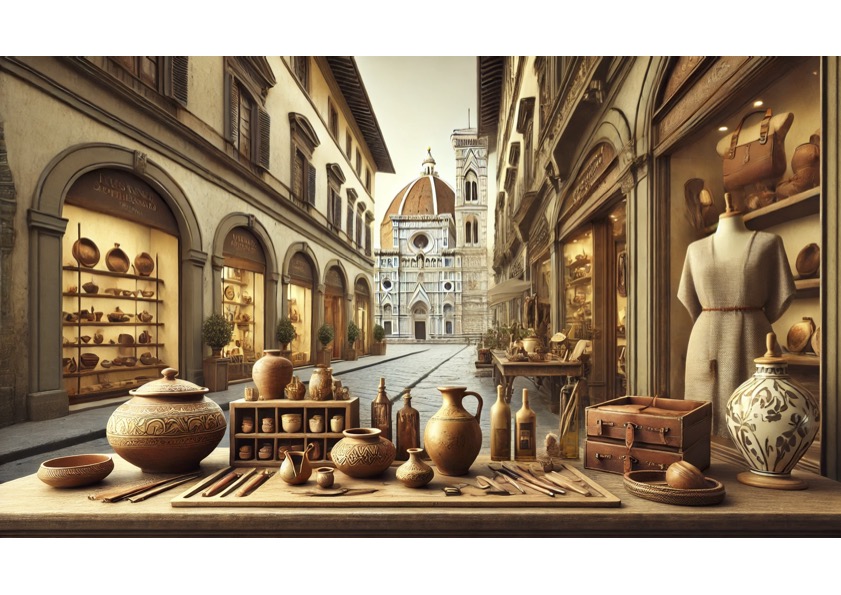
- Professor: Clive Woollard

What is “Social Media”- and how will developing media skills help students plan successful careers in the world of food? The world of social media has its specialized vocabulary for food studies as well as other fields.
Key terms such as "strategy," "engagement," and "content" form the basis of our study.
More importantly, we may say that social media today is a "must" not only for any business company seeking a place in the market but also for anyone willing to emerge professionally and build a career in a society where most people expect to have whatever they need whenever they want.
- Professor: Marco D. De La Pierre

What is “Social Media”- and how will developing media skills help students plan successful careers in the world of food? The world of social media has its specialized vocabulary for food studies as well as other fields.
Key terms such as "strategy," "engagement," and "content" form the basis of our study.
More importantly, we may say that social media today is a "must" not only for any business company seeking a place in the market but also for anyone willing to emerge professionally and build a career in a society where most people expect to have whatever they need whenever they want.
- Professor: Marco D. De La Pierre
- Professor: Francesca Passeri
- Professor: Francesca Passeri
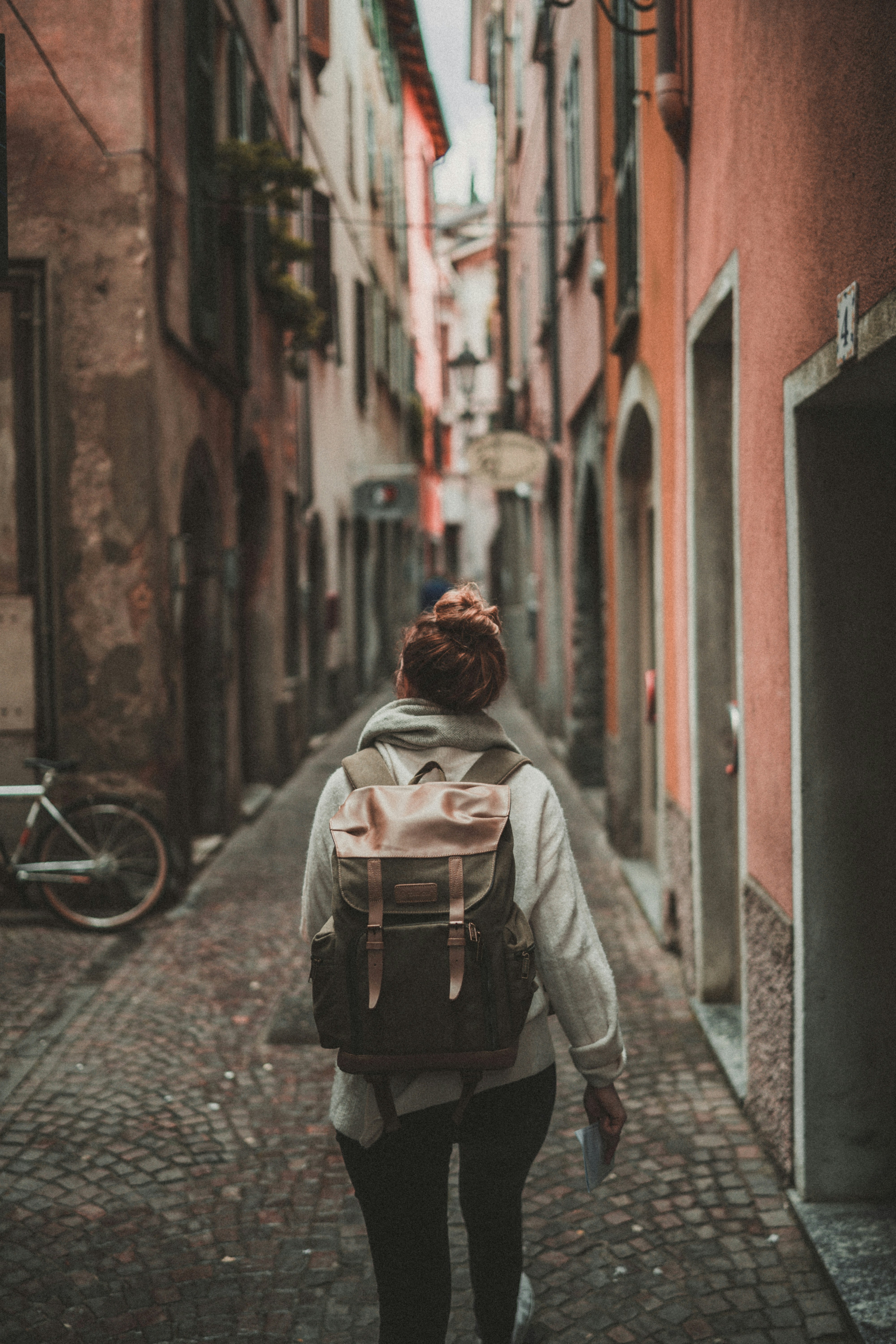
Italy has long occupied a central place in the collective imagination of the English-speaking world. From the medieval period to today, ‘The Land of the Arts’ has inspired authors to pen an array of literary and nonfiction texts, including poems, novels, essays, and travelogues. Through a range of reading assignments and writing prompts, this course introduces students to this rich inheritance of travel writing, while guiding them through their own writing process, from scribbling down notes to polishing their final submission. Along the way, students will learn to identify the key elements of compelling narrative nonfiction (such as voice, narrative structure, setting and the use of figurative language) and begin to develop these qualities in their own writing. Since travel writing must be factual as well as creative, students will also learn how to add nuance to their writing through research. Writing workshops will be a place to test out ideas and receive feedback from peers and the instructor. Further practical information for those wishing to take their travel writing forward to publication will be given. Although Italy will provide students with ample material for their writing assignments, the skills they will develop on this course will stay with them far beyond their time in Florence.
- Professor: Maureen McCue
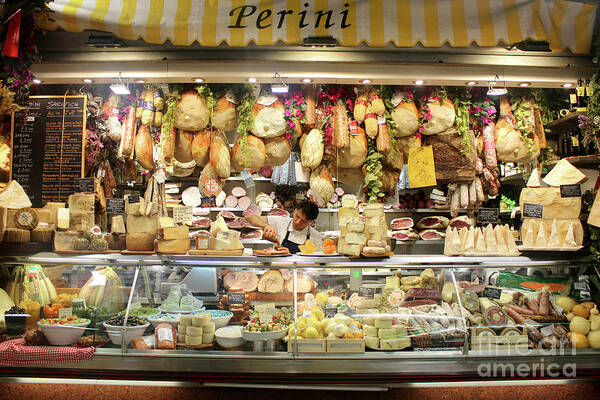
- Professor: Peter Fischer

This course will examine the prominence, variety, cultural distinctiveness and functions of sports (and spectacles) in ancient and modern societies. The first half of term will focus on the Ancient World, from pre-history to the Middle Ages, with a special emphasis on Greek culture and Roman spectacles. But the phenomenon of ancient sports and spectacles – the Greek Olympics, the shocking violence of the Colosseum games – will not be approached as isolated pastimes but as essential elements in social, political and religious life. Sport will be used as an historical window into human nature, cultures, and periods.
Likewise, in the second half of term we will cover sport in the 20th century: from the humble origins of the modern Olympics in 1896 through the use of the games and sport in general as a political-social platform during Fascism and Nazism, Communism and the Cold War, up to the most relevant social issues reflected by sport in our present time. We will explore the connections between sport and global political, social and cultural power relations. Case studies will include, in addition to the Olympics, the World Cup, the significance and potential of soccer in both Europe and the USA, the interplay of race and sport and the issues of gender and sport.
- Professor: Erika Bianchi
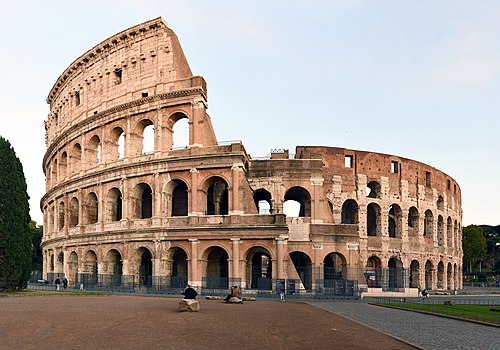
This course is an introduction to the history and culture of the Roman world, from the Rome’s beginnings in myth and legend through its rise to domination of the Mediterranean world, its violent conversion from a Republic to an Empire, and the long success of that Empire down to its collapse in the fifth century A.D. The first part of the semester will focus on the development of Roman institutions and political system, while the second will be devoted to the social structure of the Roman Empire and the daily life of its people. As we search together to unravel the historical significance of the Roman achievement, we will look at Roman literature and religion, art and architecture, and philosophy. When possible, we will give a privileged place to primary sources in translation, letting the characters of this great historical drama speak for themselves. Our readings will be supplemented by slides, videos, and a field trip to Rome.
- Professor: Erika Bianchi
- Professor: Luis Orozco
This course is the third in the introductory physics lab sequence, following PHYS 174 and PHYS 275. Designed for physics, science, and engineering students, this course offers a rigorous introduction to experimental science. Throughout the semester, students will work on experiments primarily focused on AC and DC circuits, electricity, and magnetism. A major component of the course is the construction of an AM radio, and students will also learn about the analysis of both random and systematic errors. This course emphasizes both individual and collaborative work with a lab partner, and students will be required to write clear lab reports.
By the end of the course, students will have hands-on experience building electronic circuits and AM radios using provided kits, which include electrical components and breadboards
- Professor: Simone Lolli
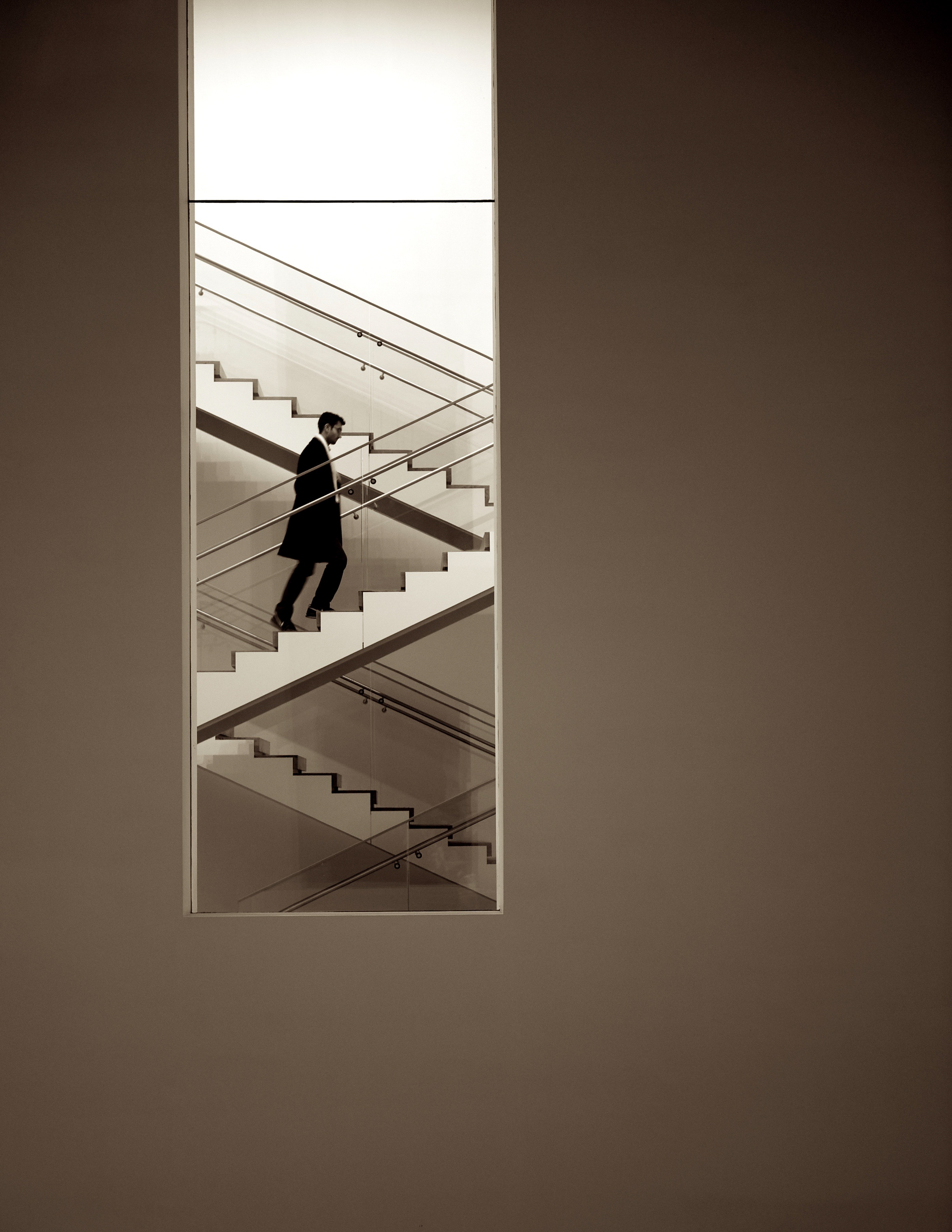
This course will offer students a foundation in one of the most diffused media of the contemporary world: photography.
Students will be immersed in the world of imagery by walking tours in the Florentine landscape including urban sites and historical monuments. Florence is an ideal city for photographic imagery. Apart from hosting some of the most precious artworks, it is blessed with a variety of buildings and the unforgettable Tuscan landscape. Relying on these unique features, students will focus on beginning digital photographic techniques including professional portfolio presentation and creative thinking.
During class time there will be theoretical lectures, technical demonstrations, slide shows, practical work, critiques and photo-shooting field trips. Since photography is an art and this is a practical course, students are expected to be creative and to actively participate in class critiques and photographic practices.
- Professor: Alessandro Galatoli

This course will offer students a foundation in one of the most diffused media of the contemporary world: photography.
Students will be immersed in the world of imagery by walking tours in the Florentine landscape including urban sites and historical monuments. Florence is an ideal city for photographic imagery. Apart from hosting some of the most precious artworks, it is blessed with a variety of buildings and the unforgettable Tuscan landscape. Relying on these unique features, students will focus on beginning digital photographic techniques including professional portfolio presentation and creative thinking.
During class time there will be theoretical lectures, technical demonstrations, slide shows, practical work, critiques and photo-shooting field trips. Since photography is an art and this is a practical course, students are expected to be creative and to actively participate in class critiques and photographic practices.
- Professor: Alessandro Galatoli
- Professor: Christina Infantino
- Professor: Cecilia Rinaldi
This comprehensive Pre-departure Orientation Course is designed to equip you with all the information and references you need to kick off a successful study abroad experience in Italy.
This comprehensive Pre-departure Orientation Course is designed to equip you with all the information and references you need to kick off a successful study abroad experience in Italy.

